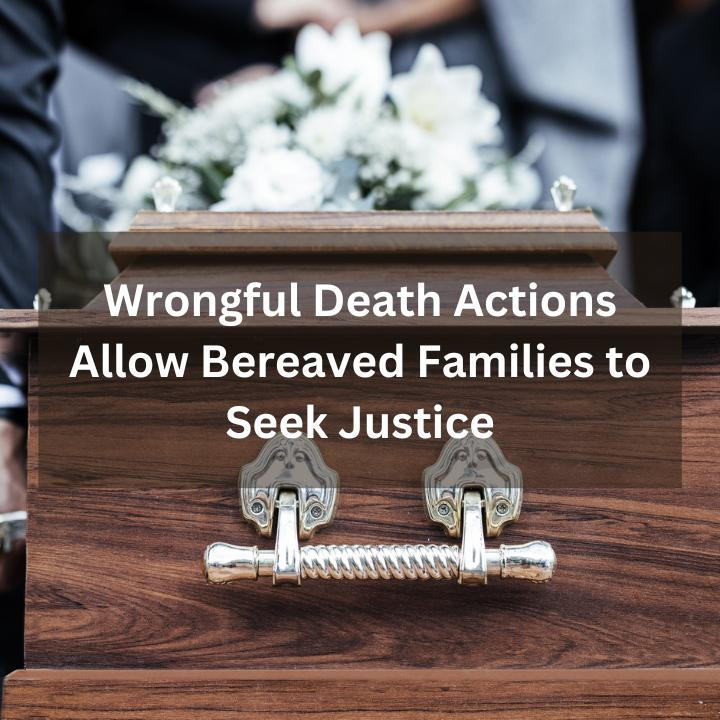
- posted: Jan. 12, 2024
- Personal Injury
Losing a family member due to someone else's negligence or wrongful act is an immeasurable tragedy. In such situations, Connecticut state law provides a legal remedy in the form of a wrongful death action, enabling the surviving family members to recover damages from the wrongdoers. These damages can reimburse losses suffered by the family members as well as by the decedent prior to death.
A Connecticut wrongful death action must be brought by the executor or administrator of the decedent's estate. This individual is responsible for representing the interests of both the estate and the survivors. The proceeds recovered become the property of the estate and are distributed according to the decedent's will — or, if there is no will, according to state intestacy law. First in line to receive the proceeds are the surviving spouse, followed by the children, if any, and the parents of the decedent.
A wrongful death case actually combines two causes of action. One is meant to compensate family members for the financial burden created by their loved one’s death. Damages that can be recovered in the family’s behalf include:
- Medical and hospital bills — All reasonable medical and hospital expenses incurred while attempting to treat the decedent's injuries or illnesses
- Nursing care — Expenses associated with nursing care or other forms of assistance required before the person's death
- Funeral and burial expenses — Costs of a dignified funeral and burial or cremation
The second purpose of a wrongful death case is to recover the damages the decedent could have pursued in a personal injury action had he or she survived the fatal event. These include:
- Pain and suffering — The physical and emotional agony the decedent experienced before death
- Lost earning capacity — The ability to earn income for supporting themselves and their family
- Loss of enjoyment of life — The ability to take part in life's pleasures, such as personal relationships and leisure activities
Connecticut law also recognizes the impact of a loved one's death on their surviving spouse or civil partner. That person has the right to bring their own claim for loss of consortium. This encompasses companionship, love and emotional support, including sexual relations, normally provided by a spouse. The loss of consortium claim must be joined with the wrongful death claim.
A wrongful death lawsuit must be filed within two years of the date of the person's death, even if the fatal event occurred sooner. An injured accident victim may linger on for a substantial period of time before expiring. However, in no case can a wrongful death case be brought more than five years from the date of the causative event.
The O’Neil Law Firm in Hartford, Connecticut provides compassionate and dedicated legal support for families who have lost loved ones due to wrongful conduct of others. We serve clients throughout Hartford, Middlesex and Tolland counties. Call us at 866-418-7593 or contact us online. for a free initial consultation.



